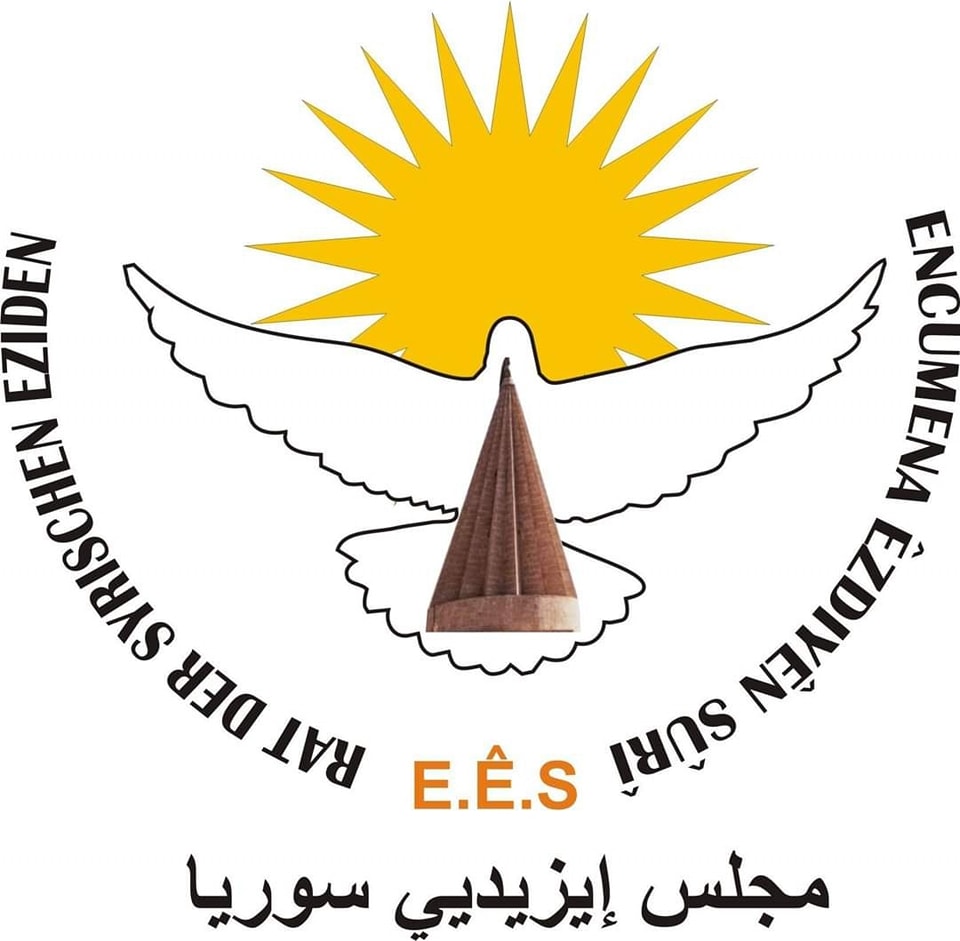Sema
In a significant gesture of political solidarity, the Ezidi Council of Syria has formally announced its support for the Kurdish negotiation delegation set to begin talks in Damascus. The council praised the move as a “historic and courageous step,” highlighting its importance for all marginalized communities in Syria—especially the Ezidis.
“This delegation represents more than a political mission. It is a moment of reckoning for decades of exclusion,” the council stated.
The council emphasized that its endorsement stems from a deep-rooted belief in the Kurdish cause and the will of the Kurdish people in Syria. It also commended Kurdish political movements for incorporating the Ezidi issue into their political vision, calling it “a recognition that grants the Ezidi struggle greater legitimacy during this critical juncture.”
Call for Inclusive Representation
While expressing full confidence in the delegation, the Ezidi Council expressed concern over the absence of direct Ezidi representation within the negotiating team.
“Excluding Ezidi voices at this level overlooks the community’s unique ethnic and religious identity. It is essential that future stages include Ezidi figures within specialized committees accompanying the delegation’s work,” the statement noted.
The council stressed that the Ezidi community must be viewed as an integral component of any future Kurdish-Syrian framework, both politically and constitutionally.
A Historic Opportunity for Recognition
This development comes on the heels of the April 26 Kurdish Unity Conference in Qamishli, where the delegation formally adopted a constitutional recognition clause for the Ezidi faith—a decision the council described as a major milestone.
“All members of the delegation are held in high regard and are trusted to advocate for the rights of Syrian Ezidis with a spirit of unity and accountability,” the statement said.
Support and Resources Offered
Reaffirming its commitment, the Ezidi Council pledged its full legal and informational support to the delegation, offering access to its resources, documents, and expertise concerning the rights and history of the Ezidi community in Syria.
“This moment calls for the highest levels of coordination and cooperation,” the council urged, calling on civil society groups, democratic forces, and national figures to rally behind the delegation.
In closing, the Ezidi Council voiced hope that the negotiations would mark a turning point toward building a free, democratic, and pluralistic Syria, where all components—regardless of religion or ethnicity—are represented and respected.

